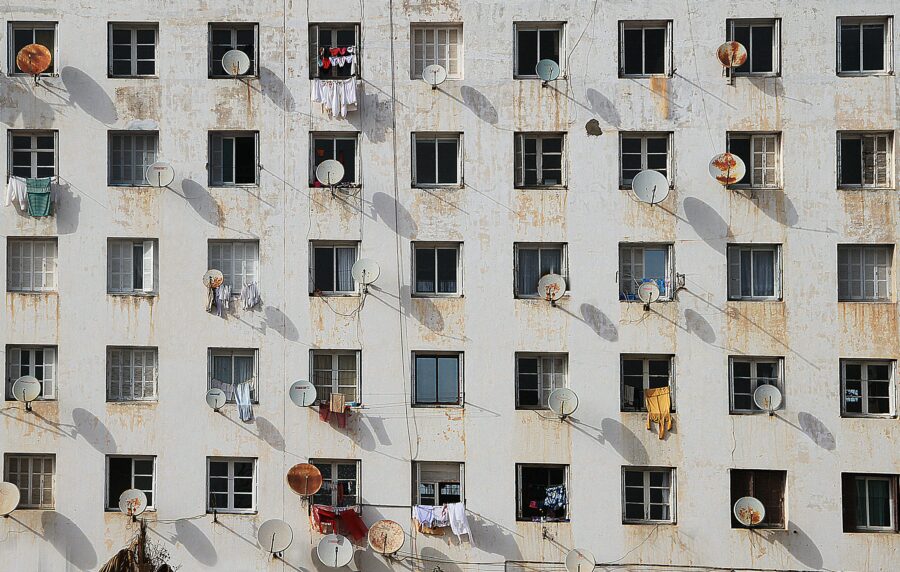
20.09. — 11.10.
Grantee training: How to communicate research outside the academia?
This two-part online training is aimed at researchers interested in developing their science communications skills. The training includes lectures, peer collaboration in workshops, group discussions, and independent work between the two meetings.
The training is facilitated by Professor Johanna Vaattovaara and Publisher Urpu Strellman, both with extensive experience in science communication practices and training. At the moment, they are working on a book offering topical perspectives on and tools for communicating research knowledge in different types of contexts outside the scientific community (e.g. popularisation of science).
The sessions will be ”flexilingual”. Presentation language will be dominantly English, but in discussion sessions, also Finnish and possibly other suitable languages can be used. The training is free of charge.
After completing the training module (2 x 3 hours), the participant:
- Understands the principles of communicating scientific knowledge and comprehends the nature of this task outside one’s scientific framework
- Is aware of contextual dependency of science communication and has gained skills in tailoring the message according to the audience and the context
- Recognises methods to make scientific knowledge accessible outside of the academic framework
- Is able to set personal goals to develop as a communicator of scientific knowledge outside the academia.
The training sessions
Part I
20.9. 12:00–15:00 – Co-constructing knowledge through science communication
Where: Zoom
- The principles, contexts and practice of science communication
- Introduction of science communication assignment for session II
Part II
11.10. 12:00–15:00 – Science communication workshop
Where: Zoom
- Workshop
- Q & A with discussion
The workshop included in the training is based on the participants’ own science communication interests and needs. The workshop will address questions raised by the participants and include peer feedback work in smaller groups formed according to the participants’ science communication plans. Working language needs (Finnish/English) are taken into account in group formation.
Instructions for workshop participants
For the part II (workshop), each participant will provide in advance a text of about 1–2 pages, to be shared and discussed in a group of about 3–4 people. The text can be, for example, an abstract of a funding application or another summary that explains your topic in a popularised manner, a draft of a blog post aimed at a general or specific audience, or another similar piece of writing, such as a science communication plan for a research project, a proposal for a popular science book or an introductory text for a publisher, a plan for a podcast episode or an entire podcast series.
What you share can be anything useful for yourself related to your science communication project that you are currently working on, or that you could start working on encouraged by this opportunity and for which you would like to receive feedback.
Please be prepared to share a draft of your science communication piece by 4th of October with the dedicated peer group members. More specific instructions for the assignment will be given at the training session I on 20.9.
What’s this about?
Wihuri Foundation wants to offer grant recipients support in communication, networking, and developing the impact of their work. This includes training sessions both in Finnish and English, online workshops and in-person meetings.
Who can join?
Right now, we are developing communication training involving peer support tailored specifically for doctoral and postdoctoral researchers. We send invitations to the events by email.If you are a doctoral student or post-doc working with a Wihuri foundation grant and interested in joining, but haven’t received the invitation, please contact the Wihuri Foundation’s communication specialist Heini Huhtinen, heini.huhtinen@wihurinrahasto.fi.
As we are developing our support for grantees, we’d love to hear from you. If you have questions or perhaps suggestions for future sessions, do let us know!
Cover Image: Marco Zoppi/Unsplash


